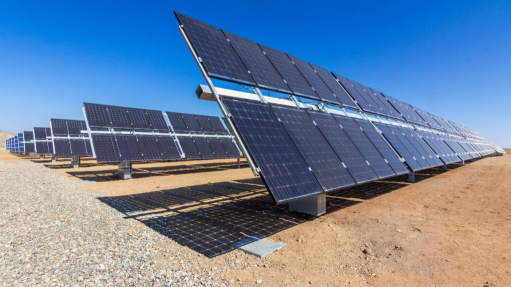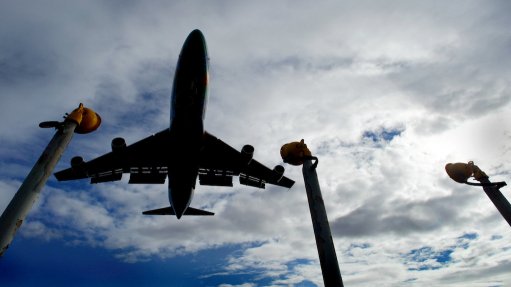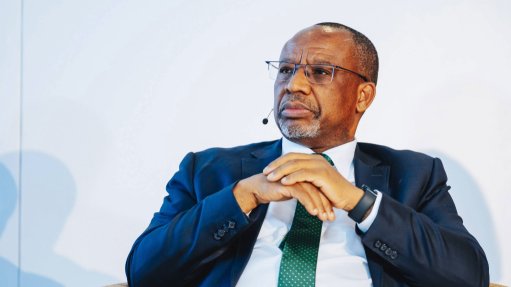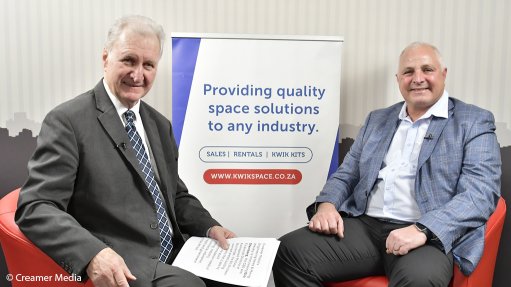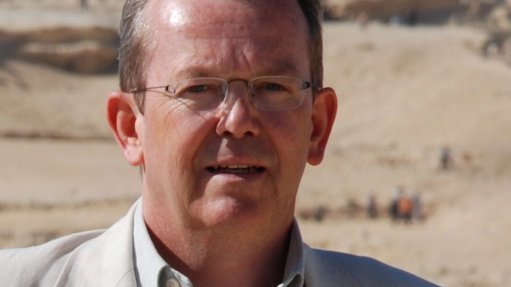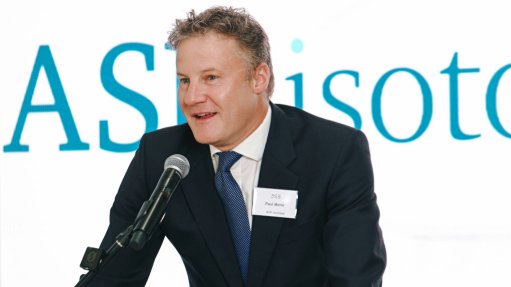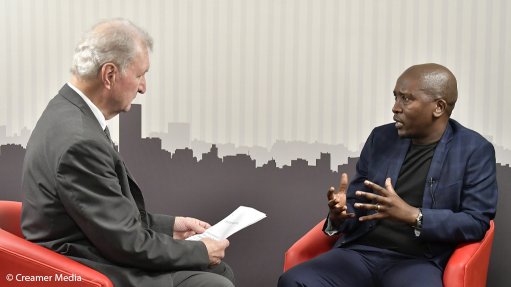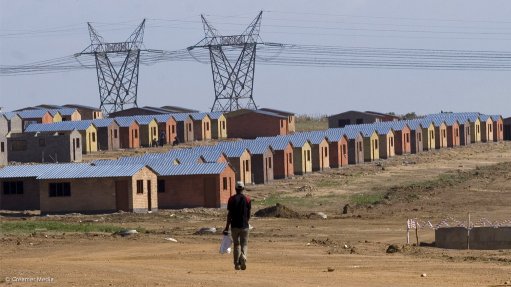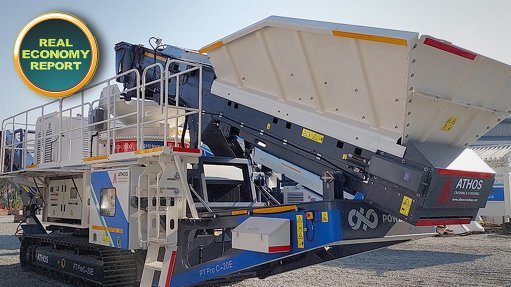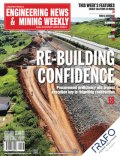Namibia’s world-class roads
I have been to a few countries in Southern Africa but Namibia seems to always fall into the blind spot whenever I plan to travel beyond the borders of Mzansi. Nevertheless, the good work being done in that country has not gone unnoticed by those who really matter.
By ‘those who really matter’ I mean the likes of the men in grey suits at the World Economic Forum (WEF), whose 2017/18 ‘Global Competitiveness Report’ puts to rest any worries foreign motorists may have had that travelling to the country that Sam Nujoma and others fought so hard to liberate would be a bumpy affair.
According to the report, Namibian roads are the best in Africa, scoring an impressive 5.2 points out of 7. This was enough to secure the country thirty-first position out of 137 countries – ahead of countries like China, Italy and India, which were ranked 42nd, 45th and 55th respectively. Even with their petrodollars, Bahrain and Qatar have not been able to develop their roads infrastructure to the same extent as Namibia.
The only other African countries in the top 50 are South Africa, Rwanda and Mauritius, with the first two tied on 5 points and Mauritius scoring 4.7 points.
Hats off to the Namibia Roads Authority (NRA), which, since its inception in 2000, has expanded the country’s road network to previously neglected areas, thus ensuring their socioeconomic development. It has also maintained the roads it inherited in tip-top condition.
The roads under the custodianship of the NRA include the Trans-Caprivi Corridor, which links Namibia with its landlocked neighbours – Zambia, Zimbabwe and the Democratic Republic of Congo – the Trans-Kalahari Highway, which connects Namibia to South Africa’s Gauteng province through Botswana, and the Trans-Kunene Corridor, Namibia’s link with Angola. In its report, the WEF lauds these corridors as “well developed and functioning”, singling out Namibia as the only country in the Southern African Development Community region boasting corridors of a remarkable calibre.
Although our own South African National Roads Agency Limited (Sanral) missed out on the top spot in Africa, this must not detract from the esteem we should accord it.
Okay, do I hear someone mention- ing the urban tolling debacle in Gauteng? If it were left to its own devices and politicians were not allowed to meddle in its decision-making, Sanral would not be in its current situation. I dare say it is a paragon of probity. Proof of this: despite being an obvious State capture candidate, given the lucrative contracts it awards each year, the Guptas did not try their luck with it.
So, while some parastatal bosses were facilitating the Guptas’ State capture project in return for filthy lucre, Sanral was busy maintaining and improving South Africa’s road infrastructure, the condition of which is not bad at all.
This is borne out by the latest assessment of this country’s infrastructure by the South African Institution of Civil Engineering (Saice). The so-called 2017 Infrastructure Report Card asserts that “the condition of the primary (national) 21 403 km intercity road network is, and has for several decades been, very good”.
Saice, however, refrained from granting our ‘national’ roads a Grade A rating. This is because of the incorporation of an additional 5 233 km of provincial roads into the Sanral-managed network during the last few years. Generally, roads under the aegis of provincial governments are in a poorer condition than the Sanral network, owing to an exodus of experienced professionals during the past two decades. But one cannot discount the possibility of road-sector versions of the Estina and Mediosa scandals being partially responsible for what Saice calls the unsatisfactory state of South Africa’s provincial roads. For those who have just landed from Mars, the former scandal refers to a scheme devised by the Guptas, with the connivance of some higher-ups in the Free State provincial government, to syphon off money meant for a dairy project to benefit the poor. Mediosa was equally nefarious. But the ‘crime scene’ extended all the way to the North West and the conduits through which money was allegedly sucked were the two provinces’ health departments.
Comments
Announcements
What's On
Subscribe to improve your user experience...
Option 1 (equivalent of R125 a month):
Receive a weekly copy of Creamer Media's Engineering News & Mining Weekly magazine
(print copy for those in South Africa and e-magazine for those outside of South Africa)
Receive daily email newsletters
Access to full search results
Access archive of magazine back copies
Access to Projects in Progress
Access to ONE Research Report of your choice in PDF format
Option 2 (equivalent of R375 a month):
All benefits from Option 1
PLUS
Access to Creamer Media's Research Channel Africa for ALL Research Reports, in PDF format, on various industrial and mining sectors
including Electricity; Water; Energy Transition; Hydrogen; Roads, Rail and Ports; Coal; Gold; Platinum; Battery Metals; etc.
Already a subscriber?
Forgotten your password?
Receive weekly copy of Creamer Media's Engineering News & Mining Weekly magazine (print copy for those in South Africa and e-magazine for those outside of South Africa)
➕
Recieve daily email newsletters
➕
Access to full search results
➕
Access archive of magazine back copies
➕
Access to Projects in Progress
➕
Access to ONE Research Report of your choice in PDF format
RESEARCH CHANNEL AFRICA
R4500 (equivalent of R375 a month)
SUBSCRIBEAll benefits from Option 1
➕
Access to Creamer Media's Research Channel Africa for ALL Research Reports on various industrial and mining sectors, in PDF format, including on:
Electricity
➕
Water
➕
Energy Transition
➕
Hydrogen
➕
Roads, Rail and Ports
➕
Coal
➕
Gold
➕
Platinum
➕
Battery Metals
➕
etc.
Receive all benefits from Option 1 or Option 2 delivered to numerous people at your company
➕
Multiple User names and Passwords for simultaneous log-ins
➕
Intranet integration access to all in your organisation






